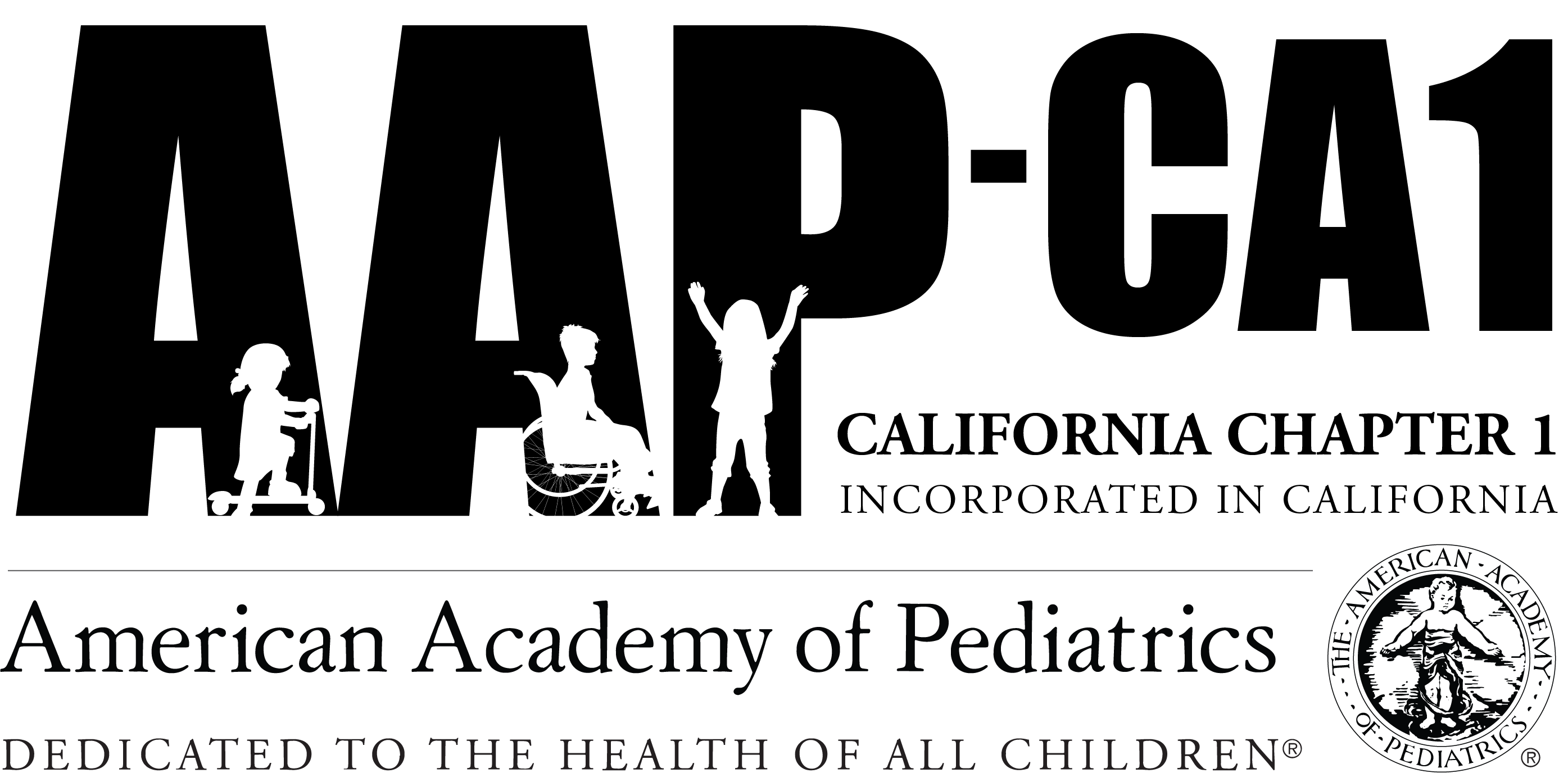Committees
Mental Health Committee
The California Chapter 1 Mental Health Committee is composed of pediatricians, mental health practitioners and researchers dedicated to improving both prevention and treatment of mental health issues for children and teens. Our committee members work together to enhance the mental health and behavioral health skills of practicing pediatricians, advocate for improved access and quality of services for behavioral health concerns, and connect pediatricians to available resources relevant to behavioral health issues. Our recent initiatives include putting on two sold-out Pediatric Mental Health Day CME conferences supporting providers in San Jose and Madera and making legislative and regulatory recommendations for California AAP advocacy in the field of mental health access. We are also exploring quality improvement and training initiatives to integrate ACEs screening and screening for other social determinants of health into pediatric practice.
Chair(s): Diane Dooley, MD, MHS, FAAP

Contact: info@aapca1.org
(more…)
Committee on Substance Use and Prevention (COSUP)
The Committee On Substance Use and Prevention (COSUP) is concerned with the prevention, early recognition, and appropriate management of substance use by young people; initiates professional and public education in this area, including best screening, assessment, and treatment practices; makes appropriate policy recommendations to the membership; and is involved in state-wide advocacy efforts.
Chair(s): William Billy Burrough, MD, MPH, FAAP

Contact: info@aapca1.org
(more…)
School Health
The School Health Committee works with the local First 5 Commissions, the public school system and other health care professionals to ensure that school children have appropriate medical care and a safe learning environment in their schools. The committee advocates for proper nutrition, physical exercise, mental health services, and a positive learning experience for all children.
Chair(s):
Renee Wachtel, MD, FAAP

Contact:
info@aapca1.org
(more…)
Child Abuse Prevention, Education and Treatment Committee (CAPET)
The AAPCA1 CAPET Committee aligns with the AAP Resilience Project and COCAN to improve care and outcomes of children and families through the prevention, education, and treatment of child abuse and neglect. The committee will engage our local providers, families, and communities to build partnerships with child- and family-serving organizations, educate the pediatric community, support policy and research activities, and promote a strengths-based and trauma-informed approach.
The committee will utilize a trauma-informed, strengths-based, public health approach to Prevention, Education and Treatment:
- Primary Prevention: “Prevent”
- Awareness campaigns, family-focused, family strengths, resilience, social/community connectedness/supports, parenting support (Period Purple Crying, Triple P), Home Health/NFP, corporal punishment (“Hit No More”, “No Hit Zones”), SDOH/ACEs screening
- Secondary Prevention: “Protect”
- “Pink flags”, high risk children/families, siblings/contacts with abuse and/neglect, family violence, high SDOH/ACEs
- Tertiary Prevention: “Heal”
- Identify children with suspected maltreatment, community and family linkages, prevent future maltreatment (therapy, community and family support and engagement, high-risk behaviors)
The committee meets quarterly.
Chair(s):
Casey L. Brown, MD, MPH, FAAP & Melissa Egge, MD, FAAP


Contact: info@aapca1.org
(more…)
Committee on Developmental and Behavioral Pediatrics
Chair(s):
Renee Wachtel, MD, FAAP

Contact:
info@aapca1.org
The Committee on Developmental and Behavioral Pediatrics is composed of AAP Fellows who are subspecialists with expertise in developmental and behavioral pediatrics or neurodevelopmental disabilities and primary care pediatricians. The Committee is dedicated to the optimal care and development of children with disabilities and special health care needs and to the support of their families. Children with special health care needs are those who have or are at increased risk for a chronic physical, developmental, behavioral or emotional condition and require health and related services beyond those required by children generally. Committee issues include early intervention, developmental screening, access to developmental and behavioral services, childhood behavior problems, physician education regarding developmental and behavioral screening and referral to resources, medication management of developmental and behaviorally related disorders, biopsychosocial issues, genetic disorders related to impairments in sensory function, development and behavior, and advocacy issues.
Newsletter Articles
- Screen Time Affects Child Development- Renee Wachtel, MD, FAAP, Chair, School Health and Behavioral & Developmental Committees May 2024
- ADHD Medication Shortages– Renee Wachtel, MD, FAAP, Chair, School Health and Behavioral & Developmental Committees April 2024
- Waiting Times for Autism Assesment– Renee Wachtel, MD, FAAP, Chair, School Health and Behavioral & Developmental Committees March 2024
- Exploring ADHD Medication Alternatives– Renee Wachtel, MD, FAAP, Chair, School Health and Behavioral & Developmental Committees January 2024







